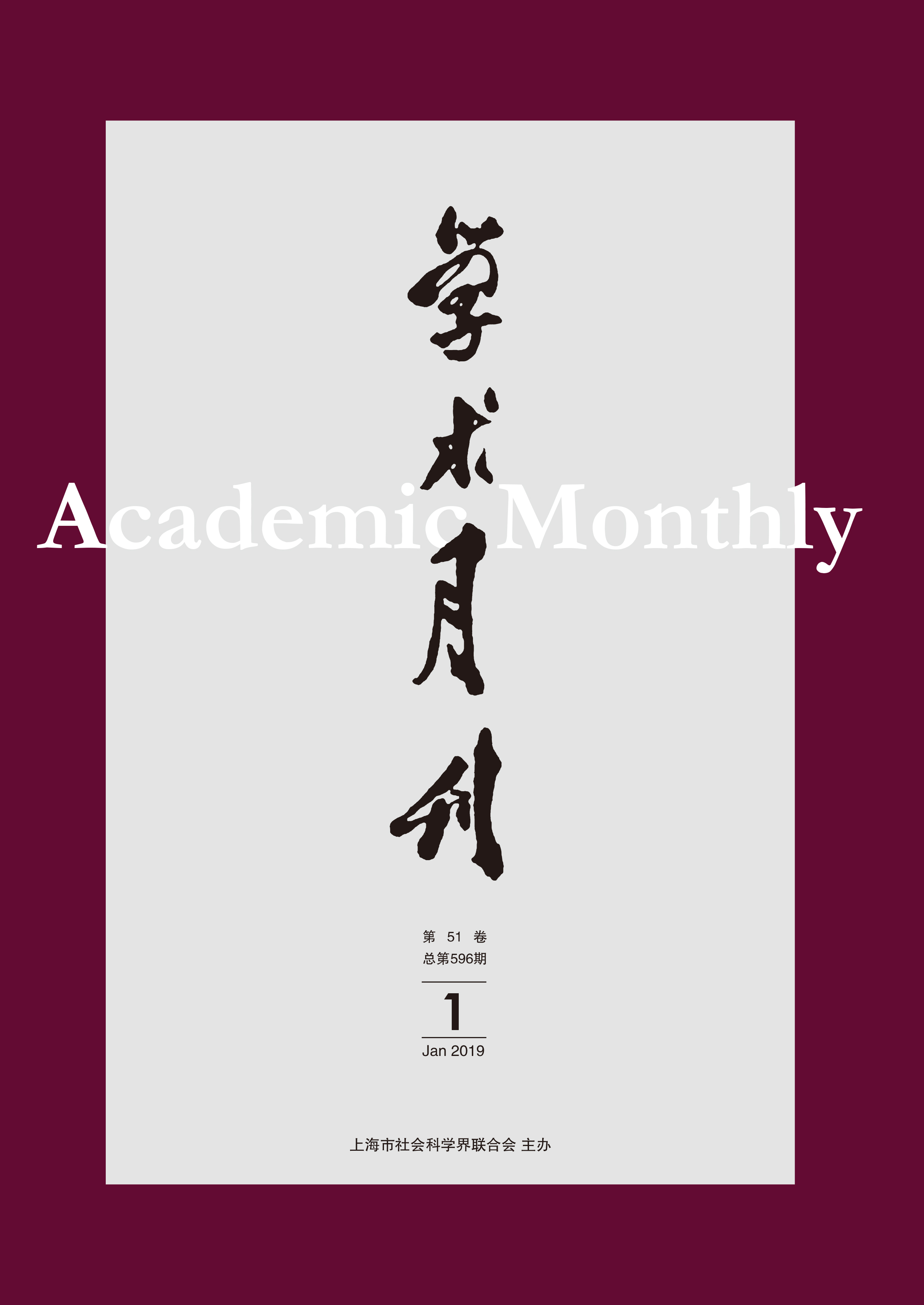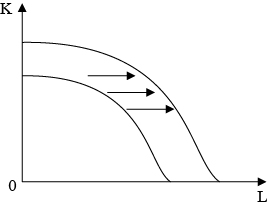Economic Analysis from Stock to Flow: On the Construction of Theoretical Framework of Flow Economics
- Available Online: 2019-01-01
Abstract: Although the concept of' flow economy”has been proposed for more than ten years, the flow at that time cannot constitute a new economic paradigm from the point of modern intelligent Internet. Only when the economic operation mode changes from the industrial civilization era dominated by the real economy to the information civilization era jointly constituted by the real economy and the virtual economy can the flow operation form a new economic form. The basic characteristic of the industrialization era is to pursue investment and increase stock. The basic characteristic of the information age is to pursue the flow of stock and gradually reduce it. Such a new economic paradigm is completely different from any previous economic pattern, so it will inevitably have a great impact on traditional economic theories and economic policies. From the perspective of the impact of intelligent Internet economy on traditional economic theories, this paper tries to reveal the direction and path of economic transformation from the inventory economy in the industrial age to the flow economy in the information age, and tries to build a new theoretical framework of flow economy.




 沪公网安备 31010102003103号
沪公网安备 31010102003103号 DownLoad:
DownLoad:

